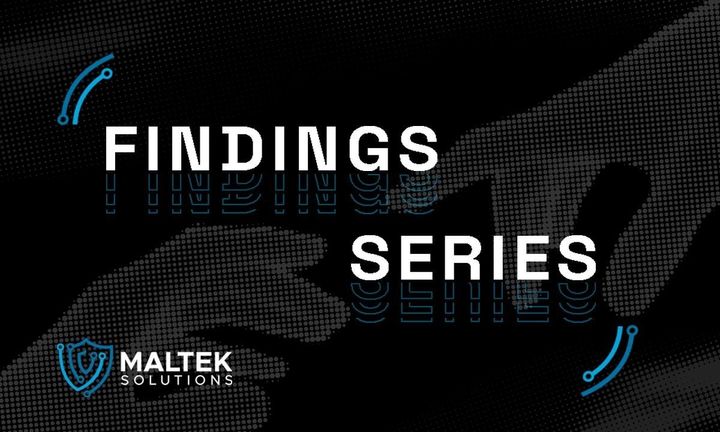In today's digital-first business world, one of the most subtle yet devastating weapons cyber adversaries employ is Business Email Compromise (BEC). It's a sophisticated scam that preys not on the weaknesses in technology but on the trust within human relationships.
BEC is an attack where a scammer uses compromised email accounts or spoofing techniques to pose as a trusted party, such as a senior executive, partner company, or vendor. Their goal is to trick employees into transferring money or sensitive data to an account controlled by the attacker. BEC doesn't rely on malware or sophisticated hacking skills — it's all about deception.
In BEC attacks, the attackers can be incredibly patient, often studying their targets to understand communication patterns and financial workflows. Then, with a convincingly forged email, or worse, access to an actual email account, they send an urgent request for a bank transfer or confidential data. These are skillfully crafted emails designed to coax the recipient into action before they pause to verify the request's legitimacy.
Financial losses from BEC can be staggering, often running into hundreds of thousands or even millions of dollars. The indirect costs, including legal fees, loss of client trust, and damage to brand reputation, can further amplify the damage.
Steps to Shore Up Your Defenses
Businesses must take steps on multiple fronts to reduce the risk of BEC within their organization. These steps include:
- Advanced Training: Never underestimate the value of informed employees. Regular, interactive security awareness training can help staff recognize and report attempted attacks.
- Layered Email Security: Utilize email security systems, including anti-phishing protection, domain authentication, and anomaly detection, to identify these emails and alert the proper personnel.
- Robust Verification Processes: Establish robust protocols for money or sensitive data requests. These protocols may include verbal confirmation and multi-person authorization for transactions above a certain threshold.
- Technical Access Controls: Minimize risks with stringent access controls and encourage the use of strong, unique passwords complemented by multi-factor authentication.
- A Comprehensive Response Plan: A response strategy should be ready if a BEC scam slips through the cracks, including steps for immediate mitigation, investigation, and communication with relevant parties.
Embracing a Culture of Security
Developing a pervasive culture of security within the organization is integral to combating BEC. Cultivating an environment where every communication is met with a healthy dose of skepticism can be your saving grace in the high-stakes game of cyber deception. Businesses must recognize BEC as a significant threat within organizations. As you deploy technological defenses, remember that fostering a vigilant, well-informed workforce is equally crucial in warding off these deceptive attacks.
Ready to take a stand against Business Email Compromise?
Don’t let your organization become a statistic. Strengthen your defenses with our comprehensive security awareness services. Our team of experts is adept at uncovering the vulnerabilities BEC attackers exploit, and we're ready to bolster your human firewall with customized training and robust security assessments.
Schedule your Security Awareness Assessment with us today and empower your business with the proactive cybersecurity measures it deserves. Let's collaborate to construct a resilient defense against the crafty tactics of cyber adversaries.
Be proactive. Be protected. Partner with us.
For more information or to discuss your specific needs, Contact Us or call us directly at 877-262-5835.




